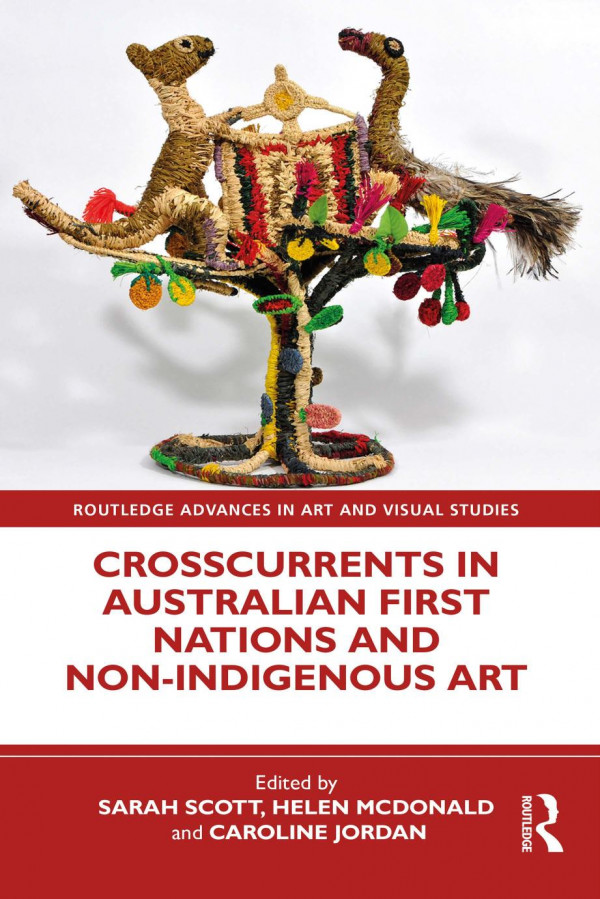

Most ebook files are in PDF format, so you can easily read them using various software such as Foxit Reader or directly on the Google Chrome browser.
Some ebook files are released by publishers in other formats such as .awz, .mobi, .epub, .fb2, etc. You may need to install specific software to read these formats on mobile/PC, such as Calibre.
Please read the tutorial at this link: https://ebookbell.com/faq
We offer FREE conversion to the popular formats you request; however, this may take some time. Therefore, right after payment, please email us, and we will try to provide the service as quickly as possible.
For some exceptional file formats or broken links (if any), please refrain from opening any disputes. Instead, email us first, and we will try to assist within a maximum of 6 hours.
EbookBell Team

5.0
30 reviewsThis edited collection examines art resulting from cross-cultural interactions between Australian First Nations and non-Indigenous people, from the British invasion to today.
Focusing on themes of collaboration and dialogue, the book includes two conversations between First Nations and non-Indigenous authors and an historian’s self-reflexive account of mediating between traditional owners and an international art auction house to repatriate art. There are studies of ‘reverse appropriation‘ by early nineteenth-century Aboriginal carvers of tourist artefacts and the production of enigmatic toa. Cross-cultural dialogue is traced from the post-war period to ‘Aboriginalism’ in design and the First Nations fashion industry of today. Transculturation, conceptualism, and collaboration are contextualised in the 1980s, a pivotal decade for the growth of collaborative First Nations exhibitions. Within the current circumstances of political protest in photographic portraiture and against the mining of sacred Aboriginal land, Crosscurrents in Australian First Nations and Non-Indigenous Art testifies to the need for Australian institutions to collaborate with First Nations people more often and better.
This book will appeal to students and scholars of art history, Indigenous anthropology, and museum and heritage studies.